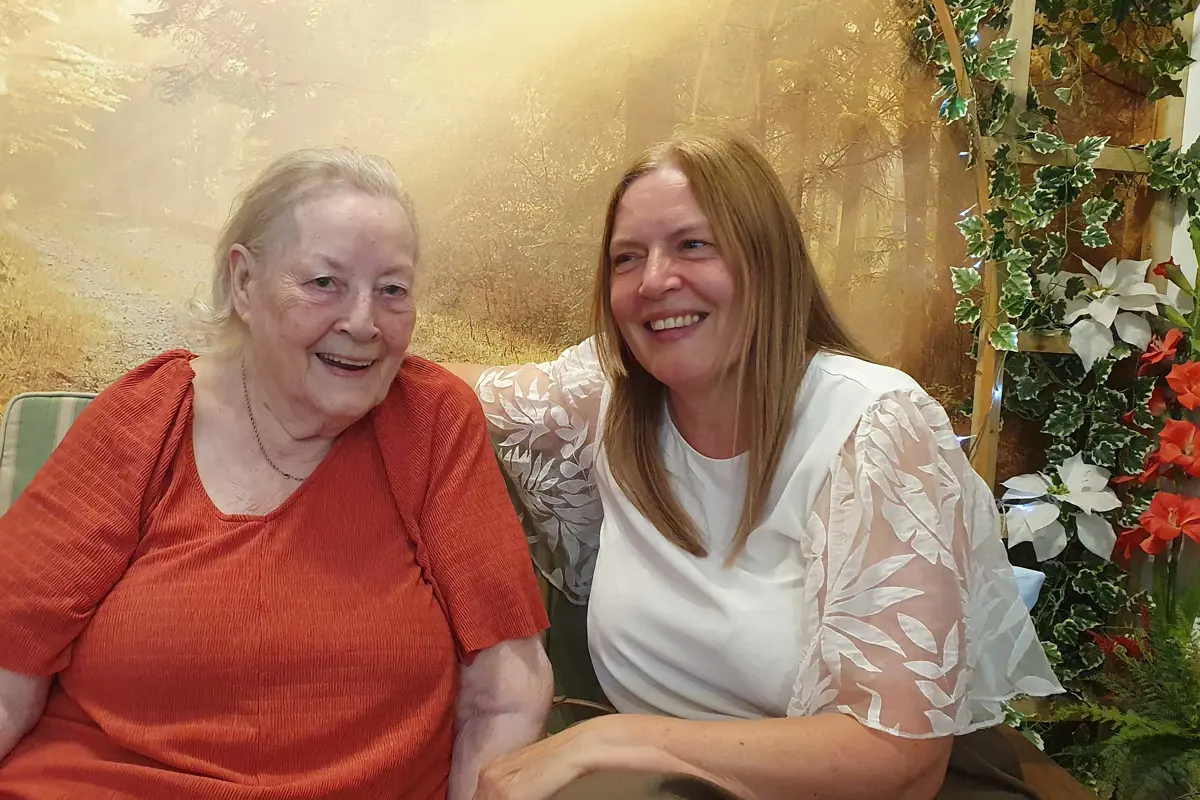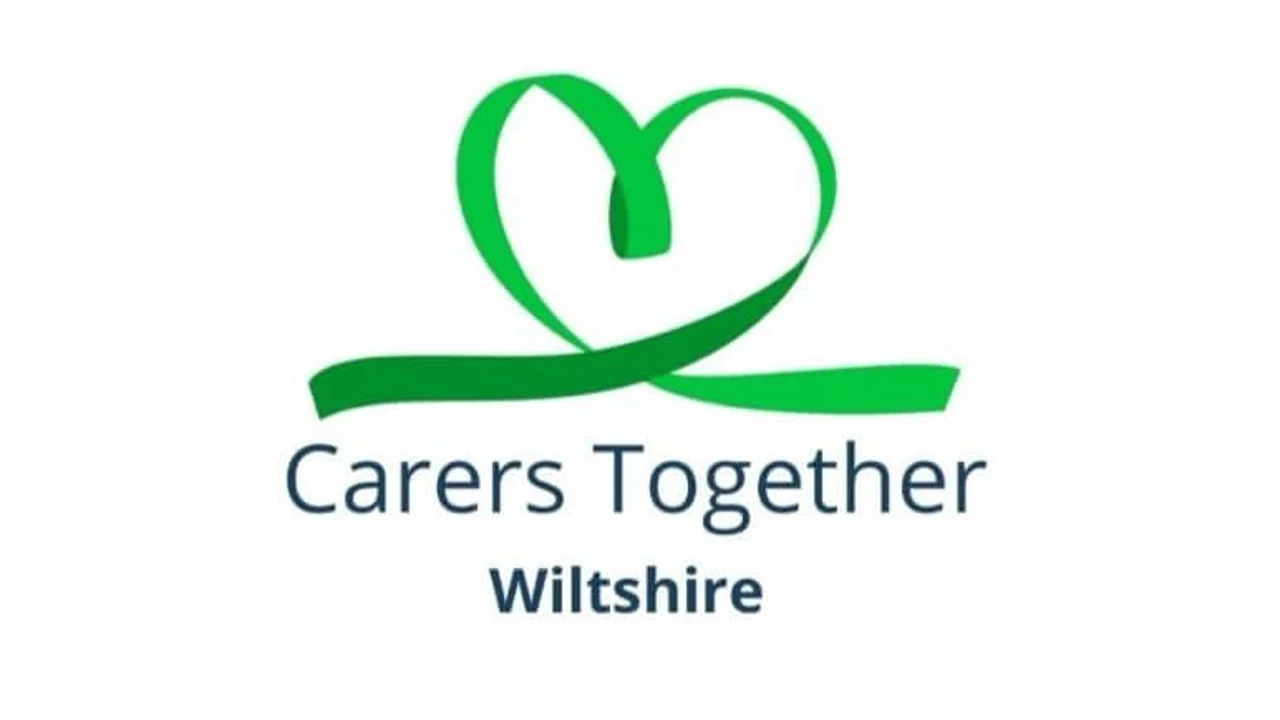Find advice, guidance and practical help - from our own dementia advisers and from other organisations dedicated to supporting family carers in Wiltshire.

Support for unpaid carers
Becoming a carer can involve an enormous emotional and practical upheaval. Whether you have been caring for a long time, or are just starting to do more for the person you live with, we are here for you.

You're not alone
Caring for someone living with dementia can be incredibly rewarding, but it can also mean unpredictable days, difficult decisions and putting someone else's needs ahead of your own. Whether you're a spouse, partner, child, friend or neighbour, the impact can be profound and, at times, isolating.
Beyond Dementia provides practical and emotional support to husbands, wives, partners, sons, daughters and the friends who care, at every stage of their caring experience.
We're also part of the Carers Together Partnership delivering services on behalf of Wiltshire Council. We work together to ensure every carer gets the support they need, no matter which door they come through.
Finding support
Dementia Advisers
Beyond Dementia Dementia Advisers give guidance and support to carers in their own right. They can signpost to a wide variety of organisations that can help and support carers to get the assessments and financial support they are entitled to. They can also recommend counsellors if that is something you feel might be helpful.
Carers Together Wiltshire
Beyond Dementia is part of Carers Together Wiltshire which offers a broad range of support to unpaid family carers. These include carer assessments, activities, respite, advice, counselling, coaching, training and support (including peer-support). Read Carers Together Wiltshire's annual report
The partnership is led by Age UK Wiltshire and also includes Community First, Wessex Community Action, Wiltshire Service Users Network and Citizens Advice Wiltshire.
Forward Carers
Provide digital support for carers in Wiltshire. It lists all the online events available to carers in Wiltshire and provides the Carer ID Card which enables unpaid carers to show their caring role when out and about and in healthcare settings.
Carer Support Wiltshire
Is a specialist organisation that campaigns for carers rights and offers recreational breaks for carers. It also works with GP practices and a range of businesses and employers in Wiltshire to help them become more carer-aware.
Training Course for Carers
We run online training courses for family and friends who are caring for someone with dementia who lives at home in Wiltshire. As well as being an invaluable insight into the condition and the changes it may bring, it is a good way to connect with others in similar circumstances.
Online Support Village
The Support Village, part of the Wiltshire Dementia Roadmap is an invaluable online tool for finding out more about the informal, very practical support available in different locations.
What carers have to say
Carer stories
Family carers share their experiences of supporting a relative with dementia.
Stages of caring
Everyone has a different experience but many people relate to these distinct stages of caring.
Acute stage
Where the role of 'carer' is new and the demands are high. Support from relatives and friends is often forthcoming but due to the adjustments needed, stress levels are high. The main need is often for information and advice
Reality stage
Which can be marked by feelings of anger, guilt, resentment and loneliness. Less help is available from family and friends and caring begins to affect their social and personal lives. At this stage counselling can be helpful.
Acceptance stage
Where the carer accepts that their position won’t change unless they take charge. This is when carers may be more ready to ask for respite care, day care or other specialist services.







